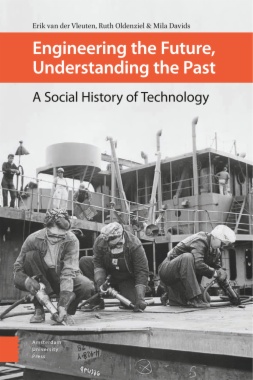Technology today is often presented as our best hope of solving the world's social and sustainability problems. And that's nothing new: engineers have always sought to meet the big challenges of their times-even as those challenges have shaped their technology. This book offers a historical look at those interactions between engineering and social challenges, showing how engineers developed solutions to past problems, and looking at the ways that those solutions often bring with them unintended consequences that themselves require solving.

